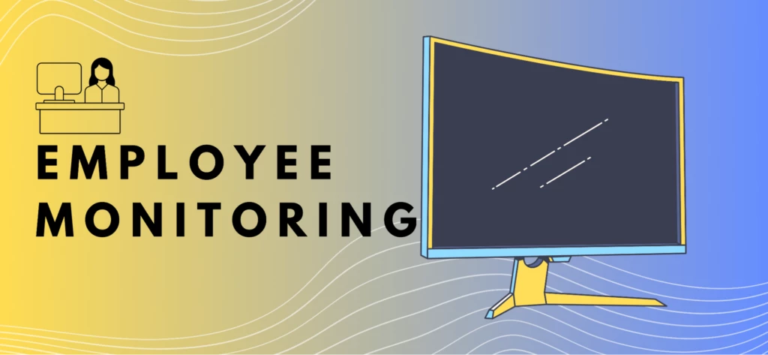From Advertising to Gaming: How AI is Changing the Sound of Creativity.
From jingles in advertisements to the experience of being inside a game, everything is being rewritten by artificial intelligence. Artificially intelligent sound generation is not something that will happen in the future but is an immediate reality, a change in how brands, developers, and artists speak with their audiences today. Be it the creation of realistic voice overs, the generation of background scores, or personalization of soundscapes in real time, AI is setting new standards for creative sound production.
In this article, we’ll explore how AI is transforming the audio landscape across industries and what this means for the future of sound driven creativity.
The Role of AI in Sound Innovation
AI is not just assisting creatives; it’s becoming a creative force itself. Through machine learning, deep learning, and neural networks, AI tools analyze vast amounts of data to generate lifelike voices, compose original music, and even enhance sound effects dynamically.
AI generated music and soundtrack
The creation of music requires human intuition, emotion, and years of experience. Today, with the help of AI tools, AIVA and Amper Music are composing symphonies, soundtracks, and jingles with tremendous accuracy.
Speed & Efficiency
AI generates a full fledged musical composition in seconds of time. The overall time taken to produce reduces to a great extent.
Affordable Solution
Composers and musicians can be quite expensive. With AI, this cost gets significantly reduced for independent creators and small businesses. Unlimited Creativity: AI never suffers from creative fatigue. It can compose unlimited variations of sound, allowing an artist to experiment with unique styles.
AI music scoring in filmmaking and advertisement is one glaring example where firms use AI-generated compositions to create background music corresponding to a certain mood and feeling.
AI in Advertising
How Sound Branding Has Evolved
In advertising, sound branding means everything. AI powered audio tools now make it possible for brands to create engaging voiceovers, jingles, and ad scripts faster than ever before.
AI Voiceovers and Text-to-Speech (TTS)
The demand for AI generated voices has surged in recent years. AI models can now produce human-like voices that sound natural and engaging. One example is Adobe Express AI voices text to speech, which enables advertisers to create professional sounding voice overs without hiring a voice actor.
Read more : The Role of Pallets in Modern Logistics
Multilingual Capabilities
AI can generate voiceovers in multiple languages, allowing brands to scale global campaigns effortlessly.
- Real-Time Customization: AI generated voices can be adjusted for tone, pitch, and emotion to suit different advertising styles.
- Consistency in Branding: Brands can maintain a consistent voice across all marketing materials, ensuring a recognizable sound identity.
AI powered voiceovers are already making an impact in radio commercials, podcasts, and video marketing, allowing businesses to connect with audiences more effectively.
Gaming Industry
AI Powered Soundscapes and Voice Acting
The gaming industry has embraced AI driven audio innovations, enhancing player experiences through realistic voice acting and adaptive soundscapes.
AI Generated NPC Voice
Non playable characters in games require a lot of voice acting. AI has made it possible to generate and modify NPC voices dynamically. Instead of recording thousands of lines manually, developers can use AI to create realistic and diverse character dialogues on the fly.
Examples of AI voice tools in gaming include
Replica Studios: AI voice actors for game characters.
Sonantic AI generated emotional voiceovers for interactive storytelling
Dynamic Soundscapes in Gaming
AI doesn’t just stop at voice acting it’s also changing how sound environments are generated in games. AI powered engines analyze in game actions and surroundings to produce adaptive soundtracks and effects in real time.
For instance, in games, background music may change dynamically with the movement of a player, creating a perfect and smooth experience.
AI in Film and Entertainment
Enhancing Audio Post Production
Another compelling place in which AI is making its mark in filmmaking is with post production audio editing. AI powered tools can automatically clean up audio, remove background noise, and even reconstruct missing sound elements.
AI-Powered Sound Restoration
Old records and classic films often have amazingly bad audio. AI powered software, such as iZotope RX, works to restore the sound and make old audio new again.
Automatic Dubbing and Lip Syncing
Artificial intelligence creates voice synchronization instantly, making dubbed movies and series easier for viewers from other regions. This facilitates the process in which content creators take their videos to the international market.
The Future of AI in Sound Creation
As AI continues to develop, its scope in generating creativity in sound will go further and wider. Following is the rundown of some trends to watch:
AI Personalized Audio
Future AI systems could create absolutely unique sound experiences, tailored exactly to individual tastes.
Advanced Emotional AI Voices
AI will continue to become much capable of putting human emotions into voices, making digital interactions way more life like.
Fully AI-Composed Film Scores
While AI is currently used as a supporting tool for composers, we may soon see entire film scores generated exclusively by AI.
AI’s ability to analyze and replicate human creativity is advancing rapidly, and its impact on sound-driven industries will only grow. Whether in advertising, gaming, or film, AI is undoubtedly changing the way we experience sound.






